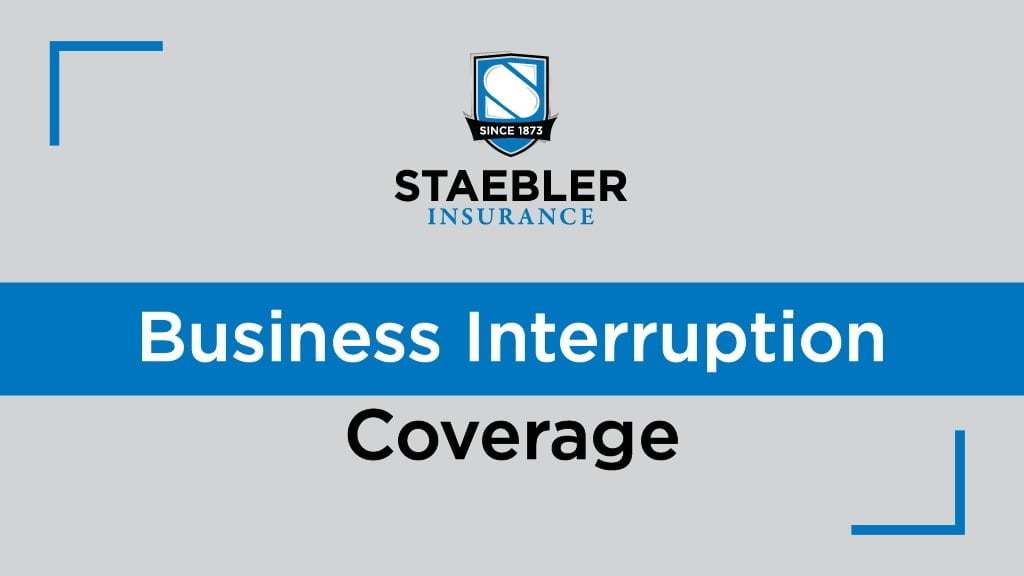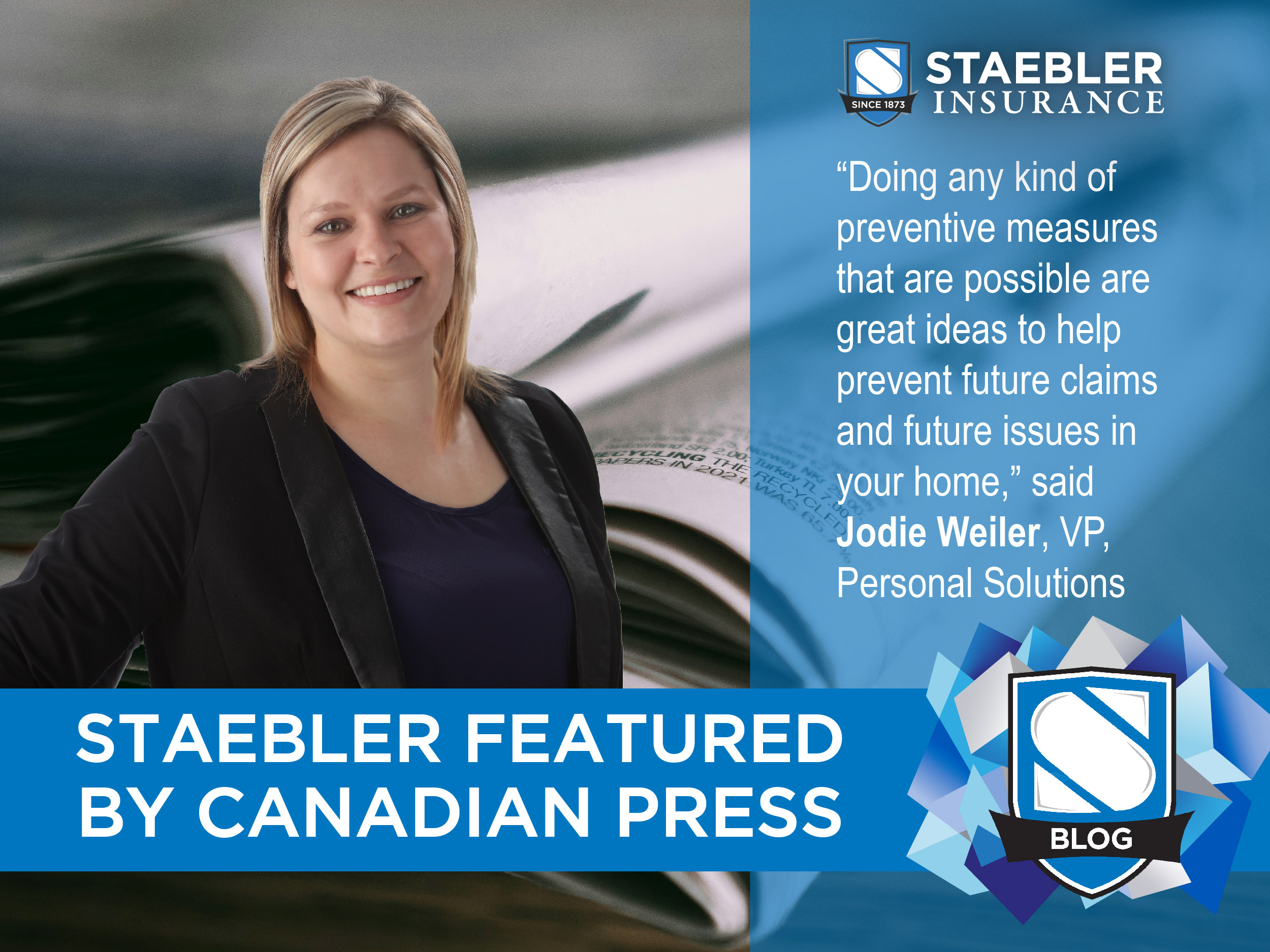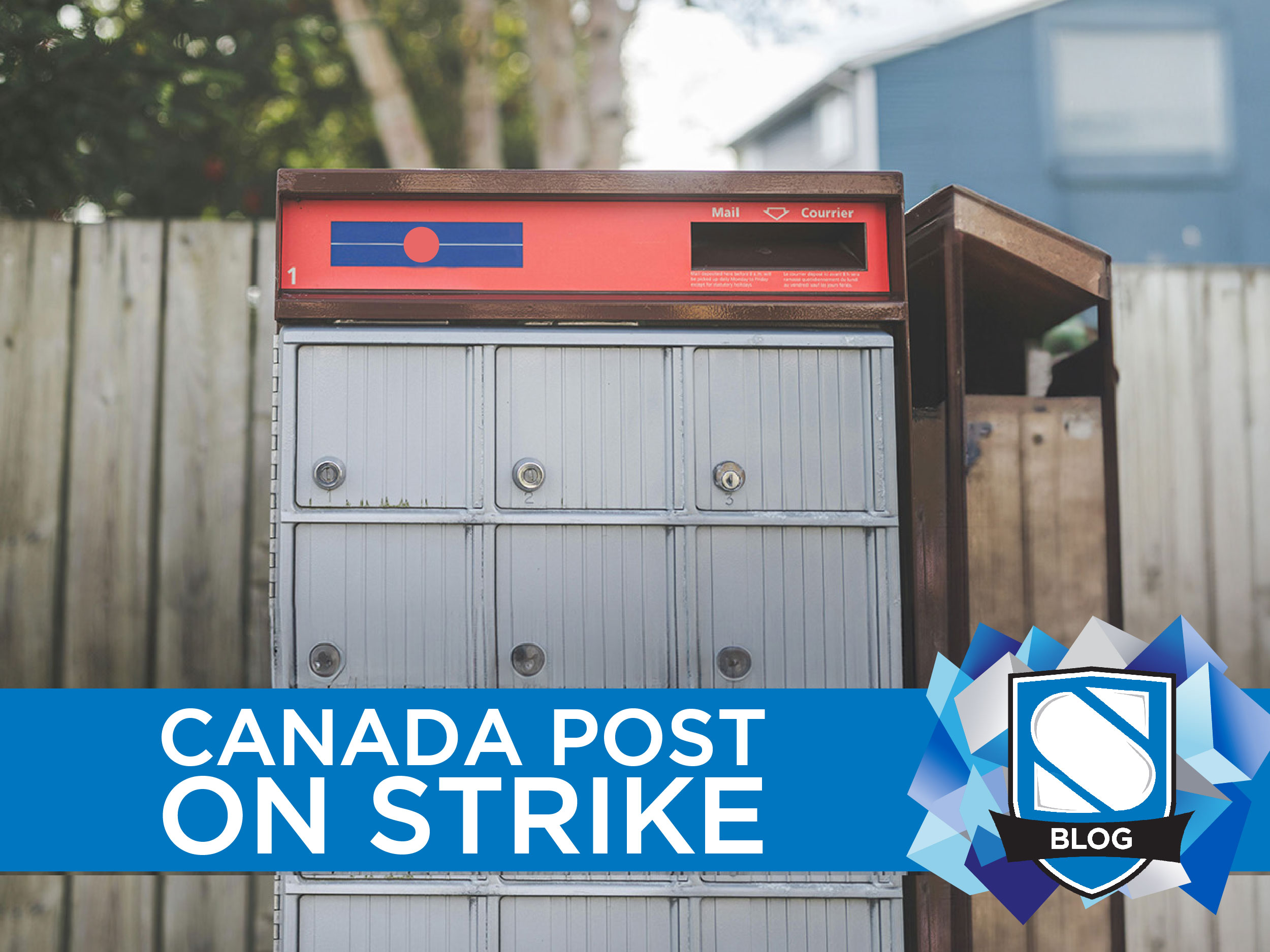The COVID-19 pandemic has created a significant shift in the landscape for business continuity planning. Since the first emergence of COVID-19 we have been fielding questions from our clients regarding how insurance policies, belonging to various organizations and businesses, could potentially respond to loss of income or extra costs incurred as a result of the Coronavirus. Supply chain disruptions, loss of sales revenue, and disruptions in operations are all examples of how organizations can be adversely affected by a pandemic.
Business Interruption coverage forms part of a commercial property policy. Property policies cover direct physical damage to insured property (think equipment, machinery, office furniture, etc.) as the result of an insured peril (e.g. a fire). Business Interruption insurance, on the other hand, is a form of insurance that provides coverage for loss of income and/or extra expense due to an interruption that arises due to a direct physical loss to the property insured on the policy. That means a physical loss, resulting from an insured peril, must occur for the business interruption coverage to apply.
Generally speaking, it is not expected that there will be direct physical loss to property insured due to the COVID-19 virus. While it is possible that an insured premise becomes contaminated with this virus, “contamination”, “virus” and “disease”, are often excluded from most policies. Another common exclusion is: “loss of market, use or occupancy of the property”. Given these common exclusions, policy wordings will need to be carefully reviewed to determine whether a contamination loss would trigger coverage.
Interruptions in supply chains could be another possible cause of loss of income. Many commercial property policies include coverage for “contingent business interruption”, protecting against losses arising from disruptions to an insured’s supply chain (either suppliers or customers). Typically, coverage would only respond in the event that a supplier’s or customer’s location was damaged by an insured peril (i.e. a peril that is also covered on the insured’s own policy). The terms of contingent business interruption can vary, so the wording will need to be carefully reviewed to determine whether the policy would respond to a pandemic situation.
Commercial property policies may also include coverage for business interruption losses and extra expenses when access to the insured property is prevented by a government order, sometimes referred to as civil authority. Typically, physical damage to either the insured or neighbouring premises would have to have occurred, triggering the order. Wordings vary, and some require the physical damage be caused by an insured peril on the policy, while others are broader and may include viral contamination.
While at this point the application for business interruption coverage due to a pandemic may be limited, every case is unique and Staebler Insurance brokers are available to answer any questions you may have about your own policy and specific situations.
Contact your broker directly to discuss the impact that COVID-19 is having on your organization, and the insurance solutions that are potentially available.














0 Comments